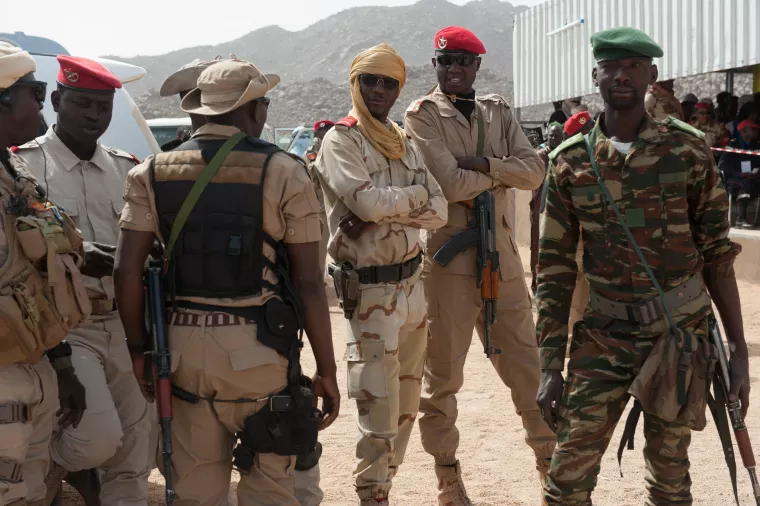
A vast international logistics network spanning Niger and Togo has been dismantled after authorities intercepted a shipment of military supplies bound for the Azawad Liberation Front (ALF) rebels, Malian officials have revealed.
The operation, led by the Alliance of Sahel States (AES), marks a major breakthrough in efforts to curb separatist activity in northern Mali.
The seizure, announced on 22 July by Mali’s army in a nationally broadcast bulletin, exposed the scale of a regional intelligence operation coordinated by Mali, Niger, and Togo.
Authorities confirmed the shipment — manufactured in China — was intercepted at the port of Lomé before it could transit through Niger and reach Gao, a hotspot for rebel and jihadist activity.
Although officials refrained from naming the ALF, insignias displayed during the announcement left little doubt. Nigerien intelligence tipped off Togolese port authorities, while Niger’s air force transported the cargo to Bamako, showcasing deepening cooperation within the AES alliance.
The intercepted shipment underscores the logistical sophistication of insurgent networks. It included 20 inflatable boats, 4,000 military uniforms, 3,280 pairs of ranger boots, thousands of FLA patches, and 4,000 turbans. No weapons were found, but the supplies highlight how non-lethal equipment can sustain separatist campaigns and complicate counter-insurgency operations.
Authorities believe a Gao-based trader facilitated the imports but stress that no official ties to the ALF have been confirmed. Rebels deny involvement, insisting the materials were acquired through civilian procurement channels. Mali’s army, however, has launched a full investigation, warning that such networks are often repurposed for “insurrectional purposes” with backing from “foreign entities.”
Without naming any state, Bamako accused “external actors” of supporting destabilisation attempts, echoing rhetoric long deployed by Mali and its AES partners, Burkina Faso and Niger. A Nigerien source suggested Mali’s leadership is “seeking to point the finger at countries like France or Algeria” without proof but to galvanise public opinion against perceived external threats.
The interception underscores a shifting security landscape, as AES nations strengthen border and port security to counter a proliferation of armed groups and transnational networks destabilising the Sahel.



